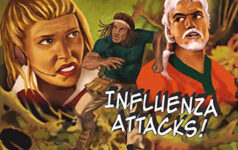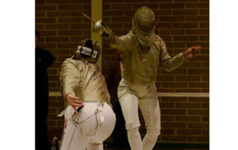Why Evolution is True, By Jerry A. Coyne
When I recently told a taxi driver that I was on my way to give a lecture on evolution in northern Germany, the young man asked me, looking straight ahead, “So, do you think Darwin got it right?” A bit taken aback, I answered that yes, by and large, Darwin had got it just right – only to be…



























